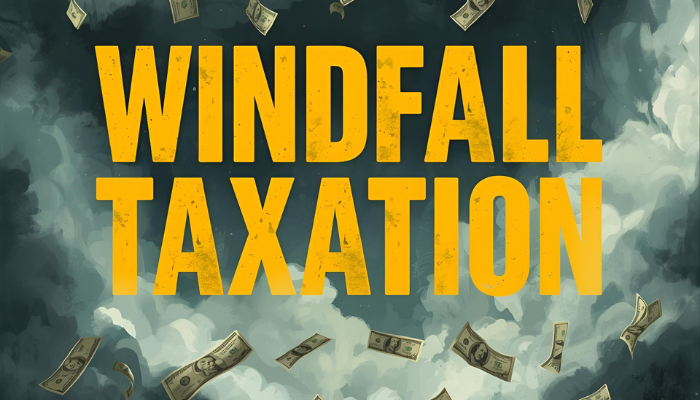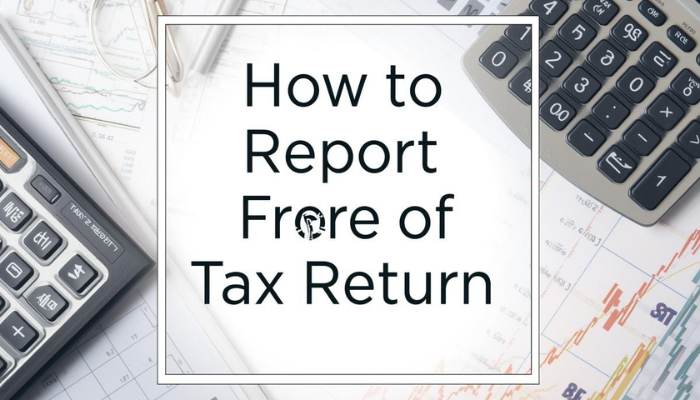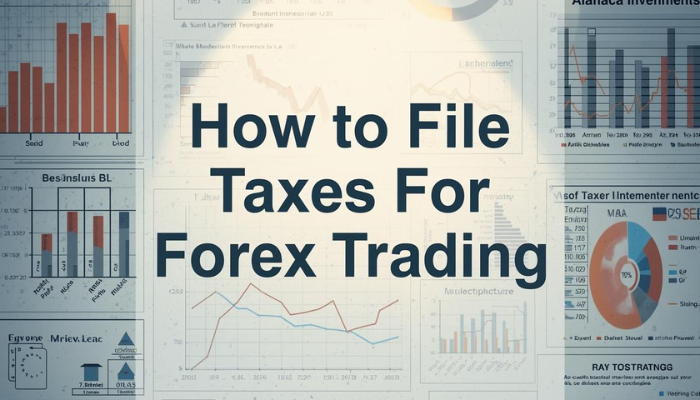
What is Windfall Taxation?
In times of volatile markets or sudden external shocks, some businesses may reap unanticipatedly huge profits. Sometimes, governments respond with special taxes to obtain a portion of those gains. L&Y Tax Advisors addresses what is windfall taxation, its mechanisms, implications, and how it differs from routine tax regimes.
What is a Tax Windfall?
A ‘tax windfall’ refers to the revenue boost a government receives when it levies a tax on extraordinary or unforeseen profits. Instead of regular income taxes, tax windfall is an extra levy. It applies only when profits surge beyond normal expectations due to external events.
What Does Tax Windfall Mean?
‘Windfall’ connotes a gain arising unexpectedly, instead of through deliberate expansion or long-term strategy. Therefore, a tax windfall is a fiscal tool that targets that extra gain. It is not applicable to routine earnings but only to excessive profits or above a benchmark because of specific circumstances.
What is Windfall Profit Tax?
A windfall profit tax is a one-time or special surcharge. It is enforced on businesses that earn abnormally high profits because of external market shifts. For instance, sudden regulatory changes or commodity price hikes. The purpose is to capture a share of that excess gain for the welfare of the public.
Who Has to Pay a Windfall Tax?
Windfall taxation is enforced on specific sectors exposed to large profit swings, such as:
- Energy
- Natural resources
- Mining
- Utilities
Governments can fix thresholds or formulas to segregate only the ‘excess’ portion of profits above a benchmark.
Who Benefits From Revenue Raised by Windfall Taxes?
For vulnerable citizens facing inflationary pressures, governments often distribute windfall tax revenue to:
- Social safety nets
- Targeted subsidies
- Selected Infrastructure
- Relief programs
This revenue also balances fiscal stress without increasing taxes broadly across all sectors.
How Do Windfall Taxes Impact the Economy?
Windfall taxes generate sudden funds. They improve equity by asking high-earning businesses to share benefits. However, critics warn they can:
- Deter investment
- Reduce incentives for growth
- Lead to economic distortions
In oligopolistic markets, such burdens can alter the
- Output of firms
- Pricing systems
- Strategic decisions
Windfall Taxes vs. Standard Taxation
The key difference is scope and intent. Standard taxation (corporate, income, VAT) is
- Ongoing
- Broad-based
- Applied to ordinary profits or transactions
In contrast, a windfall tax is:
- Selective
- Often temporary
- Levied only on exceptional profit above a certain threshold
The Bottom Line
Windfall taxation is a specialized tool. Governments deploy it when certain sectors enjoy unbelievably large profits. It redistributes a chunk of those gains for broader social use. Yet, its economic effects must be carefully balanced.
By comprehending what is windfall taxation, businesses and taxpayers can better expect its potential impact and compliance implications.
Read More:


